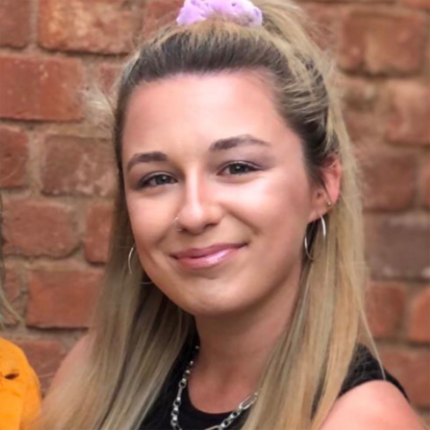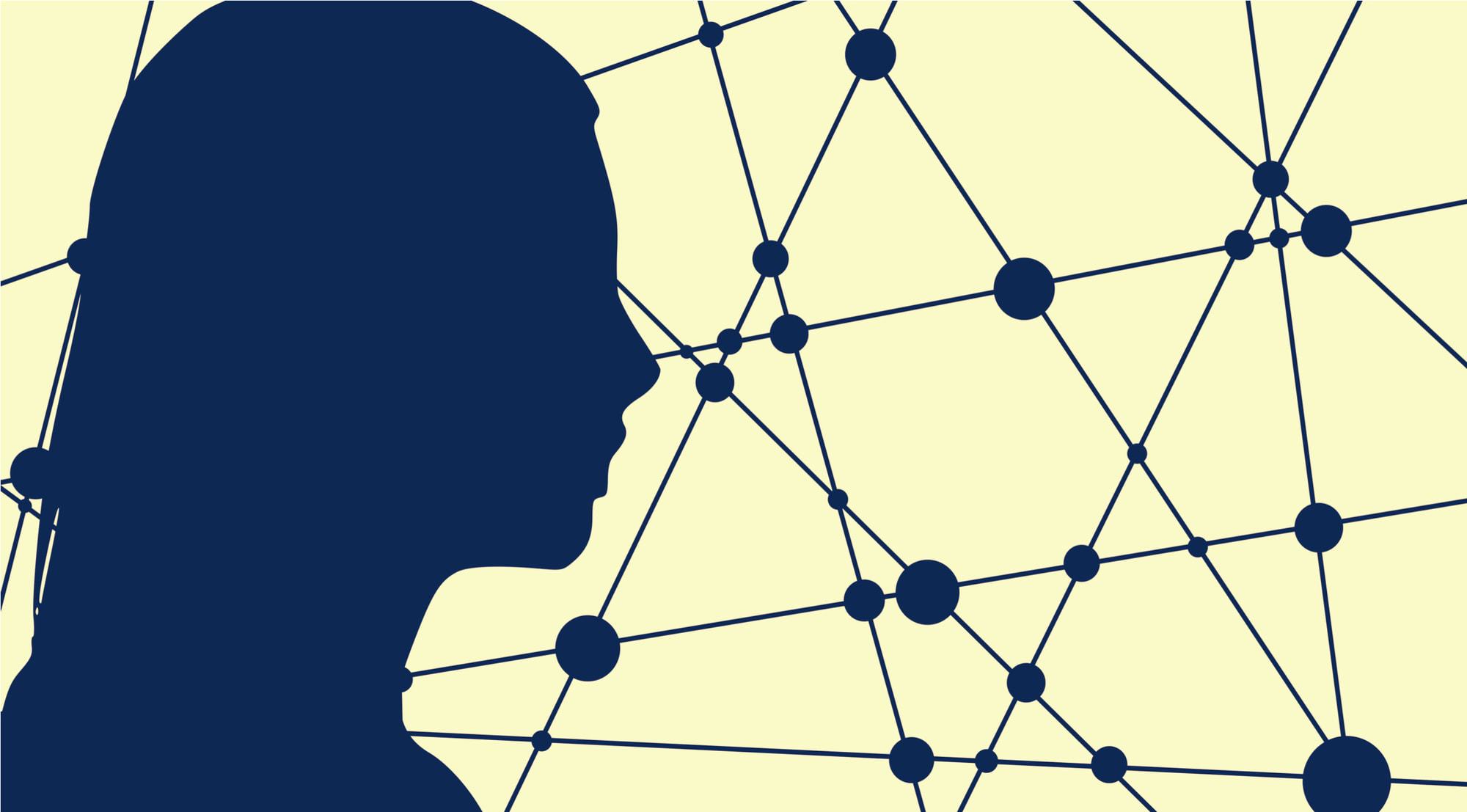According to the University of Exeter’s Psychology Department, it is estimated that 1 in 7 people are neurodivergent (around 15 per cent of people in the UK) – and research shows that neurodivergent students often feel a lower sense of belonging.
Therefore, creating neurodivergent friendly environments in higher education is important for everyone, and this doesn’t end in teaching contexts.
For student-led societies and clubs this is particularly important, because sense of belonging can be heavily influenced by the extent to which neurodivergent students feel that peer-led groups are a safe and accommodating environment.
This is particularly fruitful ground for societies, where the commonality between members is often interest or hobby-based.
These settings may have particular potential to appeal to neurodivergent people, for example, the NHS lists “having a very keen interest in certain subjects or activities” as a possible indicator of Autism, often referred to in the shared experiences of neurodivergent people as “special interests” and not exclusive to autistic individuals.
There are a number of ways a student-led group’s activity and underpinning organisation can be modelled to strive to foster neuroinclusive communities – and some of the ways we’ve been thinking about this at Exeter Students’ Guild are recorded below, in a format you can probably copy, paste and adapt for your societies.
Taking stock of regular activity
When working towards a more neuroinclusive club or society, a great place to start is taking stock of your regular activity and the events that you organise for your members.
Some of the difficulties faced by neurodivergent people occur within social contexts, and include struggling to make friends, ambiguity in plans and routines and sensitivity to lights, sounds and smells.
With this in mind, you can begin to imagine some social settings, for example nights out in pubs and clubs with a very relaxed schedule, may not appeal to all your members for all manner of reasons.
This is not to say every event has to be quiet, sober and meticulously planned down to the minute for you to be a neuroinclusive club or society!
There are a number of adaptations that could be made to your event calendar that gives flexibility and options for all your members to attend. Perhaps clubs could consider quieter sensory-friendly training sessions to build into their schedules, while societies could alternate a pub social for a booked room on campus where lighting and sound can be more controlled.
By factoring different settings and activity types into the event schedules, this may also better accommodate neurodivergent people with more interest-based nervous systems, such as ADHDers, as the variation in the space, place and activity type keeps this stimulating for those who find they become bored more easily.
Seasoning activities
With a varied activity schedule that is communicated to members ahead of time (for example monthly or termly), this gives flexibility to plan and factor into daily and weekly routines, as well as laying out the variation of activities and events.
Next, it can be useful to think of your event like a pasta dish, or a salad, and look at what you can add to this to enhance it!
Groups (or SU activities depts) may want to invest in a “sensory kit” for activities and socials, consisting of sensory aids to help further control an overstimulating environment, such as earplugs or sunglasses, and sensory aids more commonly referred to as “fidget toys”.
Tyler Nelson notes a number of benefits of fidget toys for neurodiverse groups of people, that is groups consisting of both neurotypical and neurodivergent people. These include reducing anxiety, promoting relaxation, relieving boredom and increasing focus.
An example of where this may be helpful for a club or society is providing these for a speaker event, to help those in attendance to relax and focus and be more present in the event (though it is worth considering this when choosing fidget toys that may be noisy and distracting for others).
Other elements you can add to existing activities is reviewing your communications for members and prospective event attendees. While it is good practice to include accessibility information wherever possible, another inclusive measure could be to include photos of the space, or event photos from previous events if this is somewhere you regularly meet.
Groups could also include information around noise levels, lighting and any sensory aids that may be provided that anyone wanting to attend may use and benefit from.
The compassionate committee
Clubs and Societies which foster a compassionate setting both for members and the students volunteering their time to run it, also play a role in a group being inclusive for all members, particularly those who are neurodivergent.
When a group starts out, there shouldn’t be pressure to disclose and difficulties that committee members have, nor whether or not they have any kind of diagnosis or self-diagnosis.
Initial conversations that set the tone for running the club or society can include areas that individuals may need support or extra time to do, when is best to meet or contact them about their roles, and how best to track and monitor responsibilities, tasks and actions.
For example, someone who may have dyscalculia and is attending to the group’s finances may need some extra time, or someone with dyslexia writing copy or communications to members may or may not prefer another committee member to proof-read.
According to I am Paying Attention, a community for those with ADHD and Autism, neurodivergent people can often experience difficulties with perception of time, which can further impact executive functioning.
With commitments such as assignments, studying and sharing domestic tasks among housemates, it can be difficult for neurodivergent people to maintain a volunteering role, which has knock-on effects in the pursuit of graduate employment if they are unable to demonstrate the wealth of volunteer roles their peers may have had less difficulties to manage.
Within a volunteer setting, creating a non-judgemental setting where it is ok to need extra time to complete tasks can mitigate any impacts of missed deadlines and reminds all neurotypes that it is ok to ask for help.
As such, an inclusive club or society can take the time to understand each others’ working styles, communication preferences, strengths and difficulties to model group activity that becomes a welcoming setting for members.
Finally, it is ok to learn through doing – and it is important to remember that everyone’s experiences being neurodivergent will vary slightly – so it is near impossible to get things right for absolutely everyone.
As our collective understanding of neurodiversity and neurodivergence increases, others also feel more comfortable sharing their lived experiences and it becomes easier to enter these discussions, so some searching online is also a good way to show other neurodivergent individuals that you want to learn more about what it is like to navigate the world every day and build equity across the student experience.


















